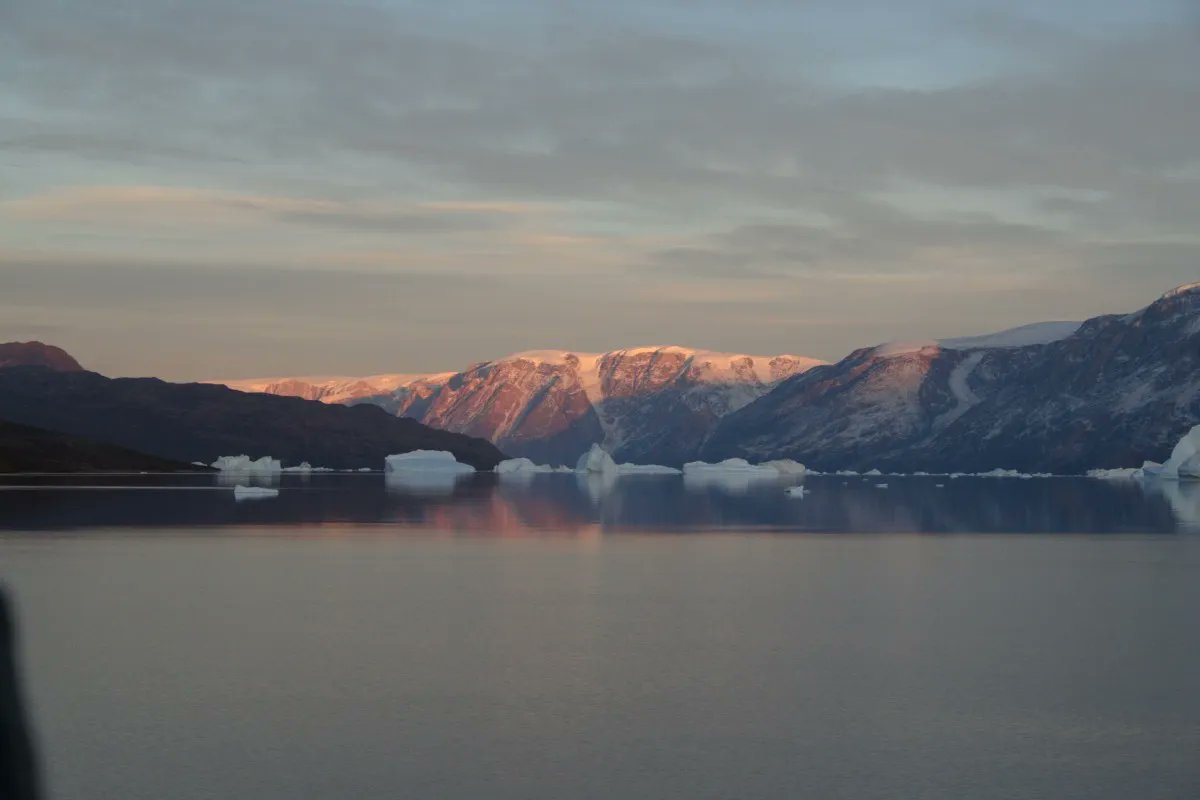One of the biggest lies we were sold about the internet is that it would forever preserve the world’s knowledge. The digital world is ephemeral. Websites and archives can vanish in an instant. Invest in print media and DVDs. Build a home library. Know the joys of tangible living.
I fear one day historians will view this era as a new dark age, because so much information will have been lost. They will know as little about the way we live now as we know about sixth-century England. Print publishing, and physical libraries, have never been more needed.
I love my kindle, but I hate the push to have all your belongings stored in the cloud, where you don’t even own things but only a license to view those things. “You’ll own nothing and you will be happy.” Many of us yearn for a lost world where people lived surrounded by things.
• • •
Missing some Tweet in this thread? You can try to
force a refresh















